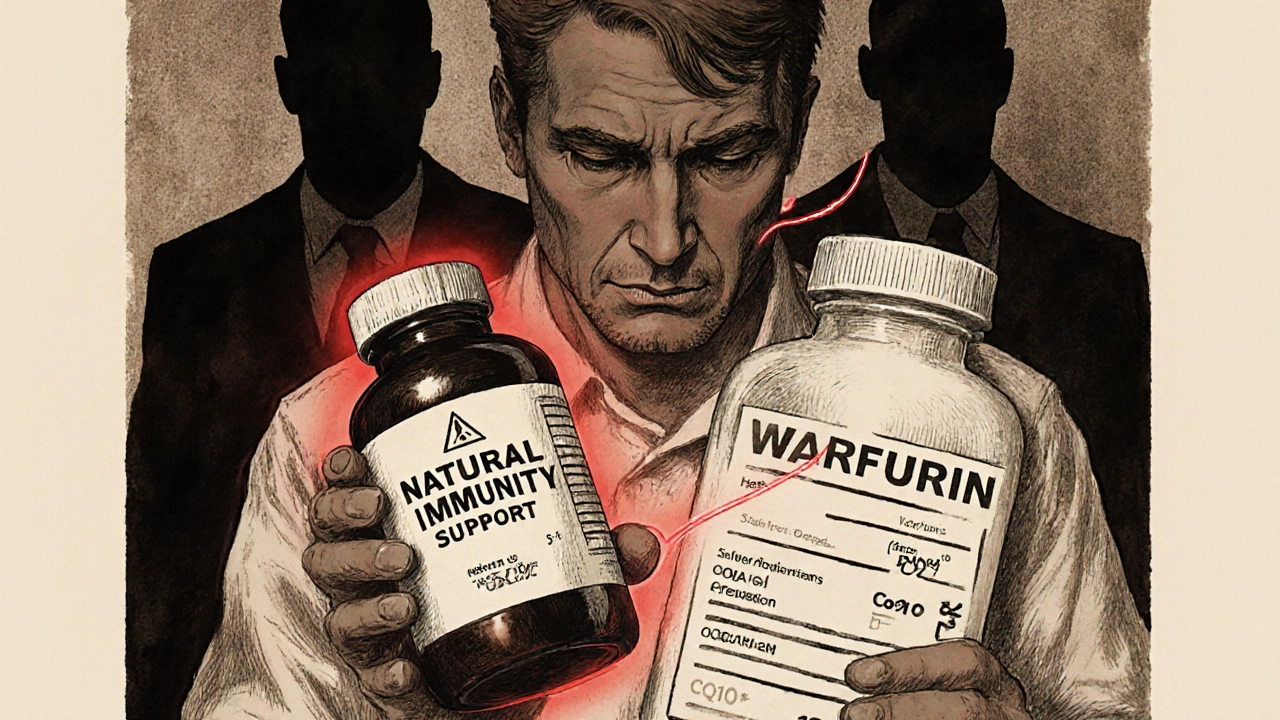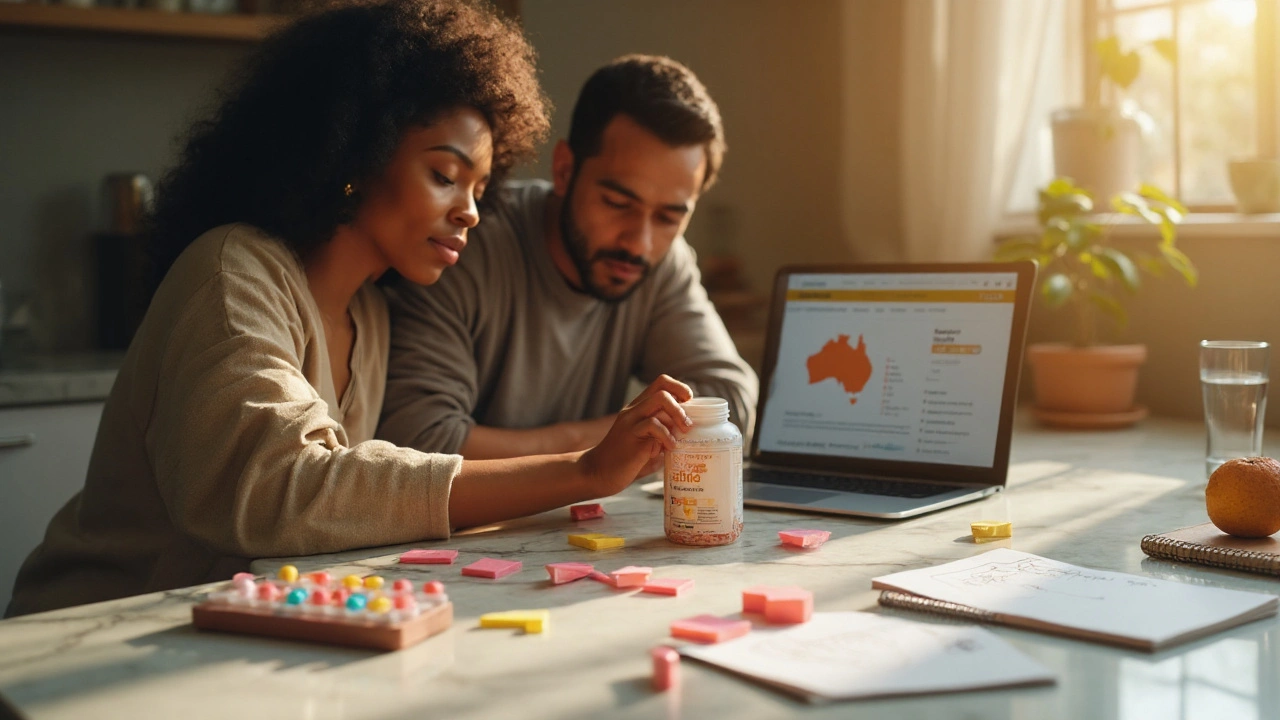Supplement Safety: Your Practical Guide to Choosing Safe Supplements
Supplements can give your diet a boost, but if you grab the wrong bottle you might end up hurting yourself instead of helping. In the next few minutes you’ll get the basics on how to tell good products from sketchy ones, and how to use them without a hitch.
Spotting Unsafe Products
First thing to check is the label. A trustworthy supplement will list every ingredient, the exact amount of each, and the manufacturer’s contact info. If the label says things like “miracle cure” or “boosts immunity overnight,” hit the brakes. Those claims are usually not backed by science.
Look for third‑party testing symbols such as USP, NSF, or ConsumerLab. Those seals mean an independent lab has verified what’s inside the capsule. If the seal is missing, ask the seller for proof. Also, avoid products that hide their source country or use vague “proprietary blends” with no numbers – you’ll never know how much of a real ingredient you’re getting.
Read reviews, but do it wisely. One or two glowing testimonials don’t mean a product is safe. Instead, scan many reviews for patterns: people mentioning stomach upset, allergic reactions, or no effect at all. Consistent complaints are a red flag.
How to Use Supplements Safely
Even a clean product can cause trouble if you take it wrong. Start with the lowest dose the label suggests and see how your body reacts. If you’re on prescription meds, check for interactions – many vitamins and herbs can mess with blood thinners, antidepressants, or heart drugs.
Talk to a pharmacist or your doctor before adding anything new, especially if you have chronic conditions or are pregnant. A quick chat can prevent a nasty surprise later.
Take supplements with food unless the label says otherwise. Food can cushion the stomach and improve absorption of fat‑soluble vitamins like D and K. And don’t stack multiple products that contain the same ingredient – you could accidentally overdose.
Keep a simple log: date, product, dose, and any side effects. This helps you and your health provider see what’s working and what isn’t.
Some popular supplements have extra safety steps. For example, emu oil often comes in different purity grades – choose a product that’s 100% cold‑pressed and has a clear expiration date. Henna supplements should be sourced from reputable growers and tested for heavy metals. Papaya powder is generally safe, but watch out for added sugars or fillers that can spike calories.
Finally, store your supplements in a cool, dry place. Heat and humidity break down many compounds, turning an effective product into waste.
Staying smart about supplement safety doesn’t have to be a chore. By checking labels, looking for third‑party verification, starting low, and keeping your doctor in the loop, you’ll enjoy the benefits without the risks.


